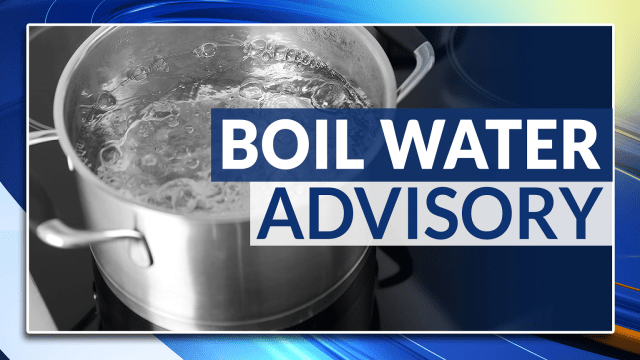Urgent: Tap Water Safety Alert Sweeps Across Acadiana Parishes

Navigating Boil Water Advisories: What Acadiana Residents Need to Know
When it comes to water safety, Acadiana residents must stay informed and vigilant. Boil water advisories are critical public health notifications that require immediate attention and action. These advisories are typically issued when water contamination risks are detected, potentially exposing communities to harmful bacteria and waterborne pathogens.
Understanding the Basics of Boil Water Advisories
Water companies in the Acadiana region take these advisories seriously, implementing them when water quality may be compromised. Common triggers include water main breaks, system pressure changes, or suspected bacterial contamination. During these advisories, residents are strongly recommended to boil their water for at least one minute before consuming, cooking, or brushing teeth.
Key Steps During a Boil Water Advisory:
• Boil tap water for a full minute
• Let water cool before use
• Use boiled or bottled water for drinking, cooking, and personal hygiene
• Avoid using unboiled water for food preparation
Local water providers work diligently to resolve issues quickly, conducting thorough testing and system repairs. Residents can stay informed by monitoring local news, utility websites, and official social media channels for real-time updates about water safety and advisory status.
Protecting Your Health and Community
By following boil water advisory guidelines, Acadiana residents play a crucial role in preventing potential health risks. Staying informed, prepared, and proactive ensures the safety of families and communities during these temporary water quality challenges.

